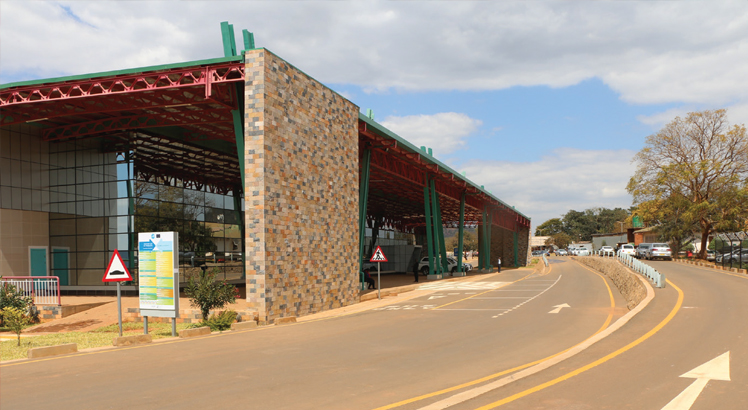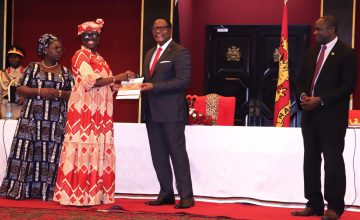NPC lobbies for mining funding
The National Planning Commission (NPC) says while funding to the mining sector has increased, more resources are needed to kickstart the sector.
In an interview on Thursday, NPC director general Thomas Chataghalala Munthali observed that while the legal and policy environment has made significant progress, small resource allocations to the sector have delayed the mining development agreements and capitalisation of the National Mining Investment and Development Corporation.
He said : “Going by the MIP-1 targets, more would have been required for the mining sector as one key productive sector that needs urgent operationalisation.
“However, considering where we are coming from, the current mining budget increase efforts are a step in the right direction, given the tight fiscal space and competing priorities.”
Munthali said what will be key is to continue prioritising the sector as years go by and “ensure that the allocated resources are indeed released to the ministry and are monitored for utilisation efficiency”.
Although mining is one of the priority areas under the industrialisation pillar in the country’s bid to achieve the upper-middle income status by 2063, little resources are allocated to the sector, a development which could threaten the development of the sector and hinder its potential growth.
Mining, which is part of the ATM strategy standing for Agriculture, Mining and Tourism, is touted to grow the economy in the short to medium-term for the country to achieve the lower middle income status by 2030.

In the 2024/25 financial year, for instance, although allocation to mining has increased by 119.6 percent, its share of the total government expenditure is minimal at 0.15 percent or K8.746 billion out of the K5.978 trillion 2024/25 National Budget.
In the previous year’s budget, the share of mining allocation from the budget stood at 0.1 percent, from 0.7 percent and 0.1 percent in the 2022/23 and 2020/21 financial years, respectively.
This, according to Mzuzu University economist Christopher Mbukwa, calls for speed in actualising the targets in the mining sector in line with the MIP-1.
He said: “There is need for more allocation of resources to the Ministry of Mining for proper coordination and development of this sector, considering the important role it plays in the economy and the potential for growth.”
Among others, the MIP-1 aspires to increase miningahre’s to gross domestic product (GDP) from 0.8 percent in2020 to at least 10 percent in 2030; increase the contribition of extractive industries to GDP from one percent in 2021 to 10 percent in 2030, increase the contribution of extractive industries to employment from 0.2 percent to four percent as well as increase the contribution of mining to domestic revenue from 1.2 percent to 10 percent.
Currently, the sector contributes roughly about one percent to the GDP, the broadest measure of economic growth.
Earlier, energy expert Grain Malunga said if the government commits to work with the private sector in concluding mining agreements sooner than later, the sector’s growth will surpass eight percent of GDP by 2026.
Meanwhile, in its 2024 Annual Economic Report, Treasury projects the sector to experience significant growth in 2024 and 2025, with a forecast of 5.8 percent and 6.7 percent, respectively, driven by the Ministry of mining’s efforts to formalise the Artisanal and Small-scale Miners Act, which is anticipated to boost the production of gemstones and other minerals in 2024.
Treasury is also banking on a number of mining projects that have been aligned such as re-commissioning of Kayelekera Uranium Mine, the development of major mineral projects like the Kanyika Niobium Projectin Mzimba, Songwe Rare Earth Project in Phalombe, and expected increased construction activities in the industry.





